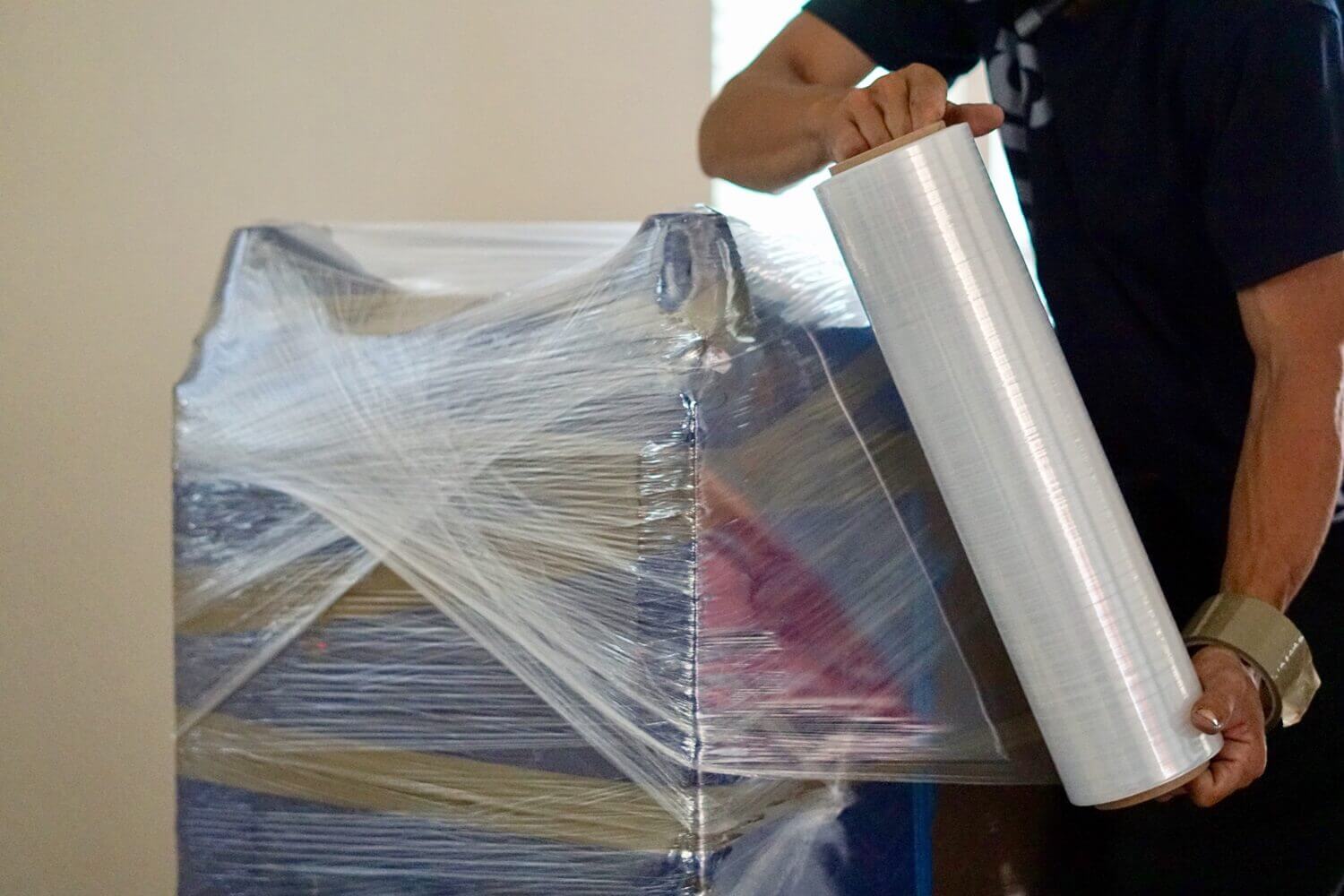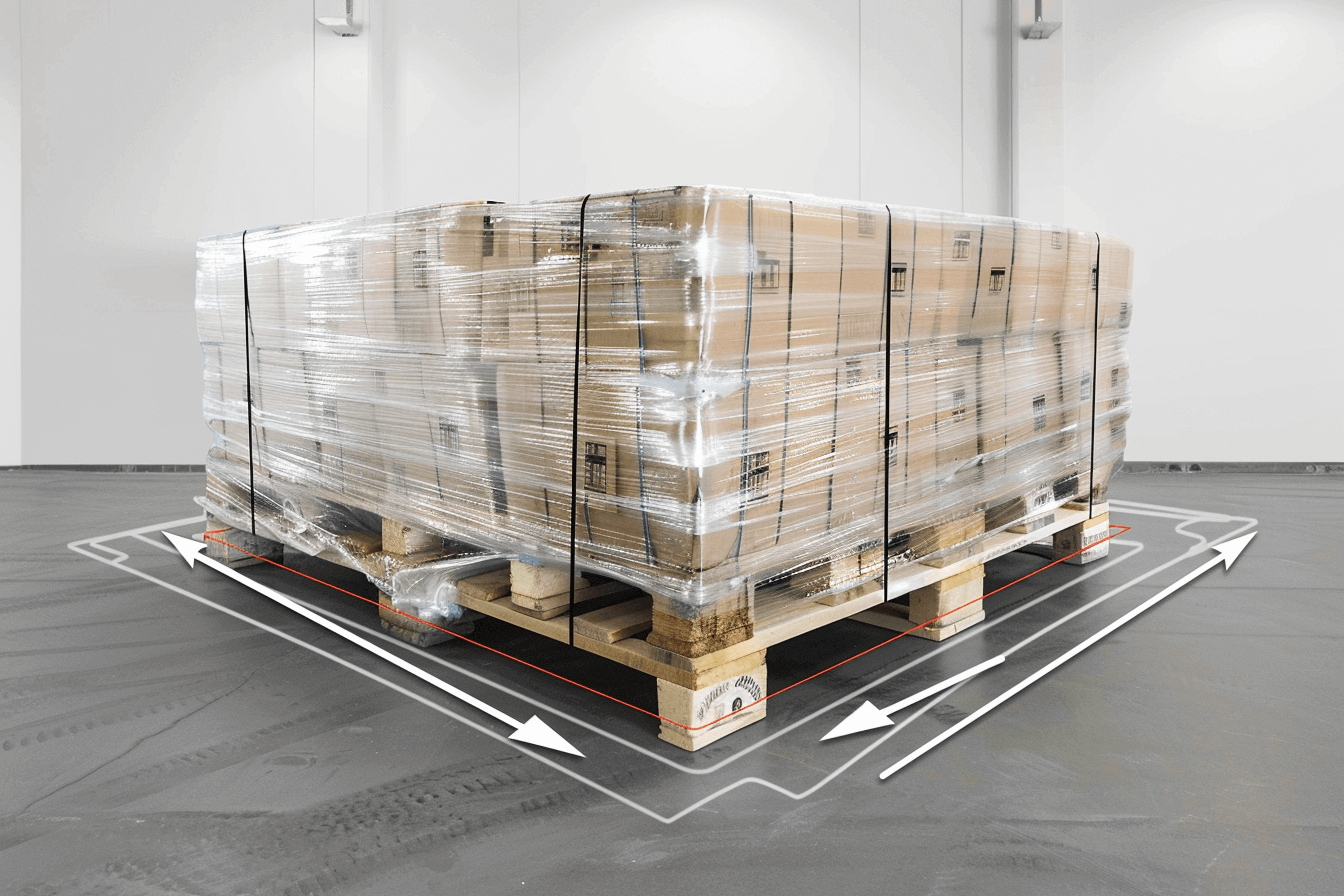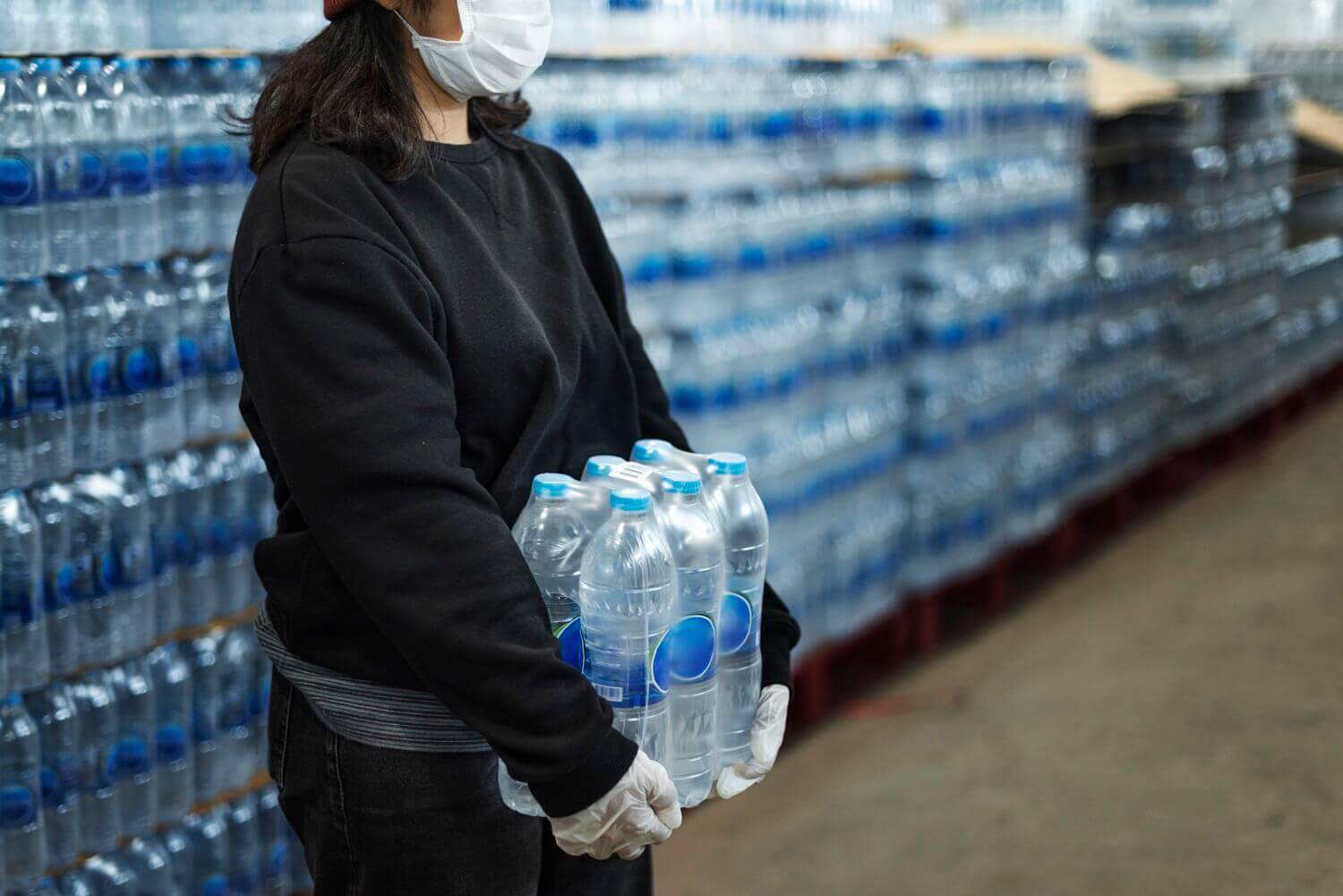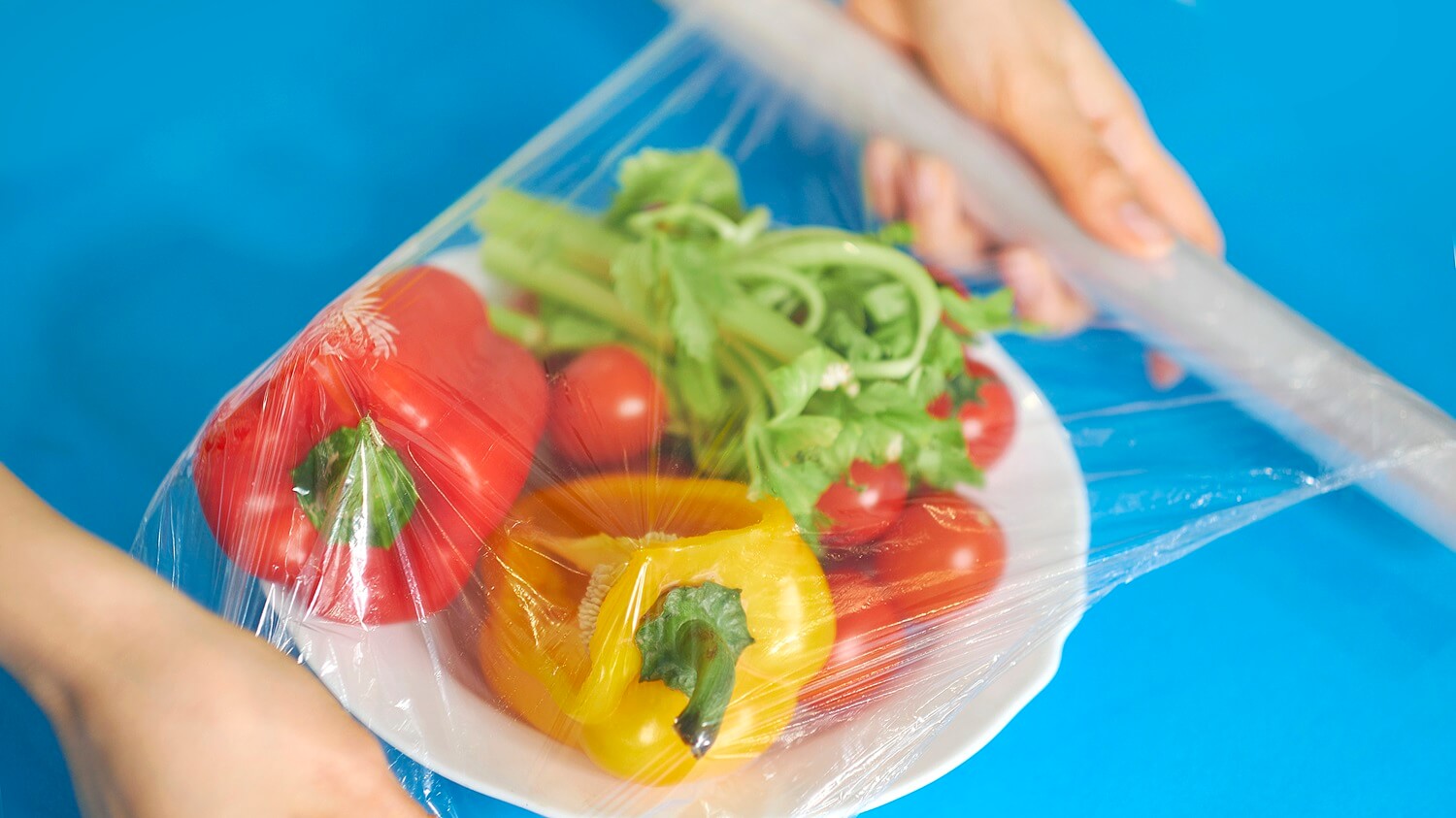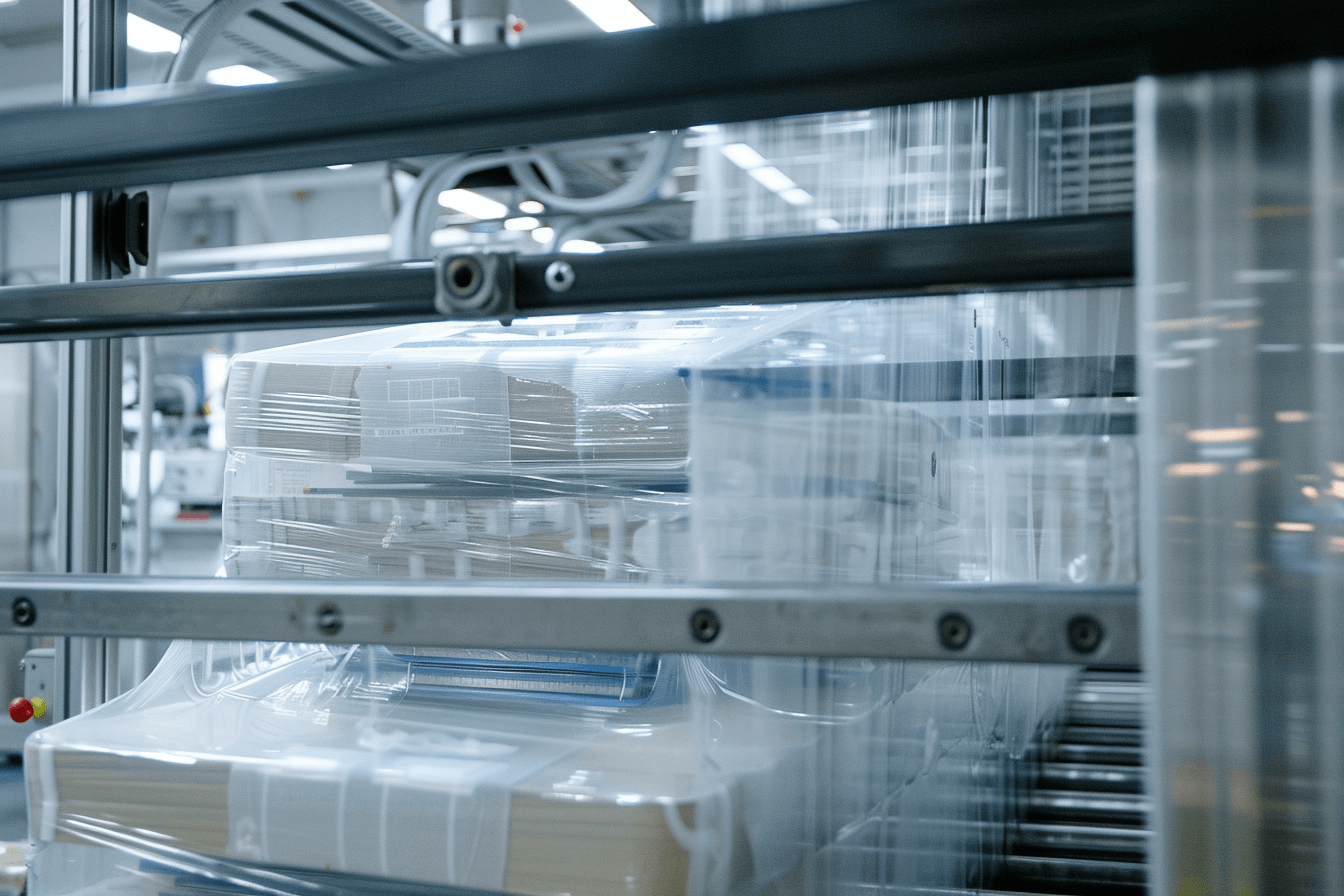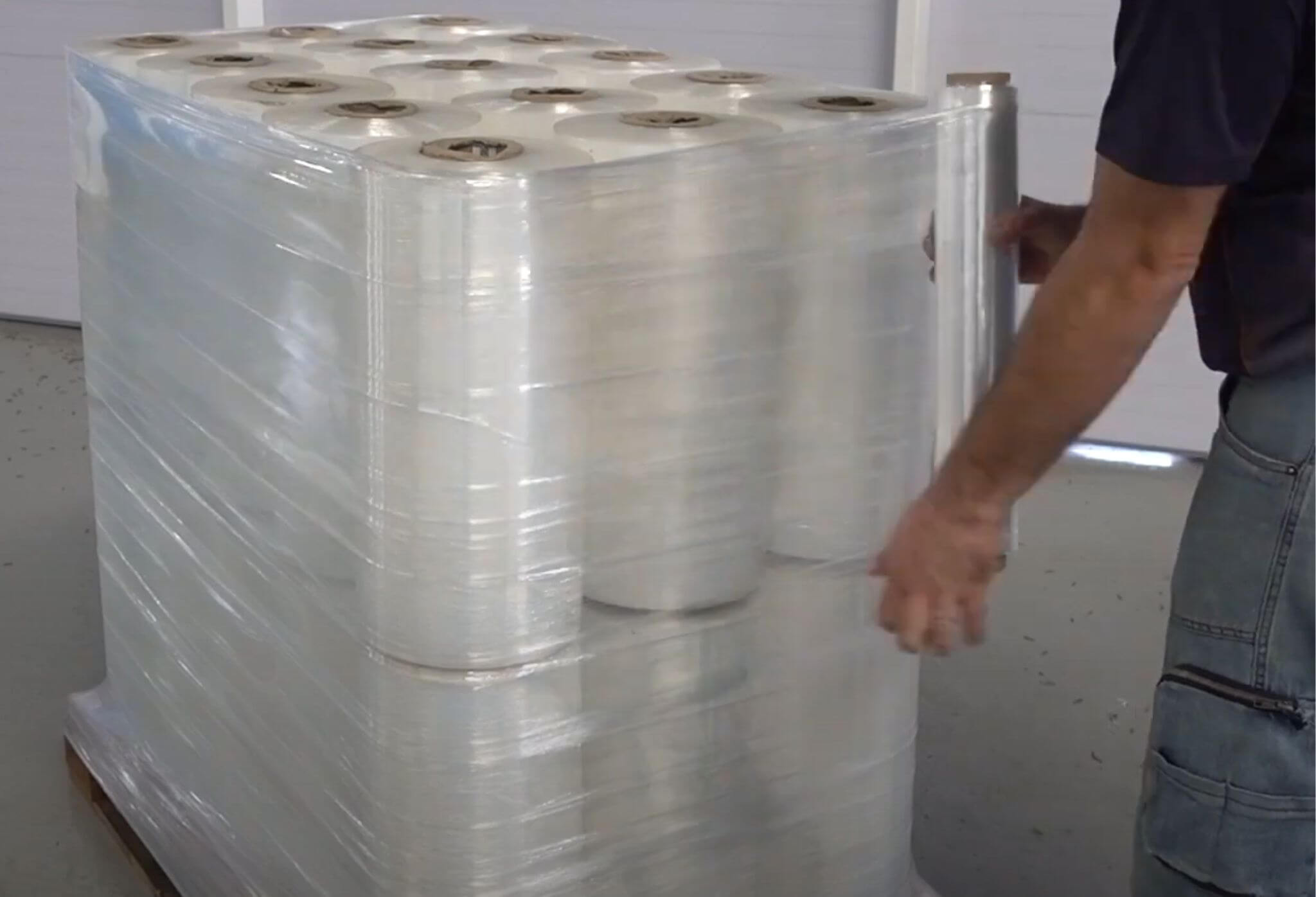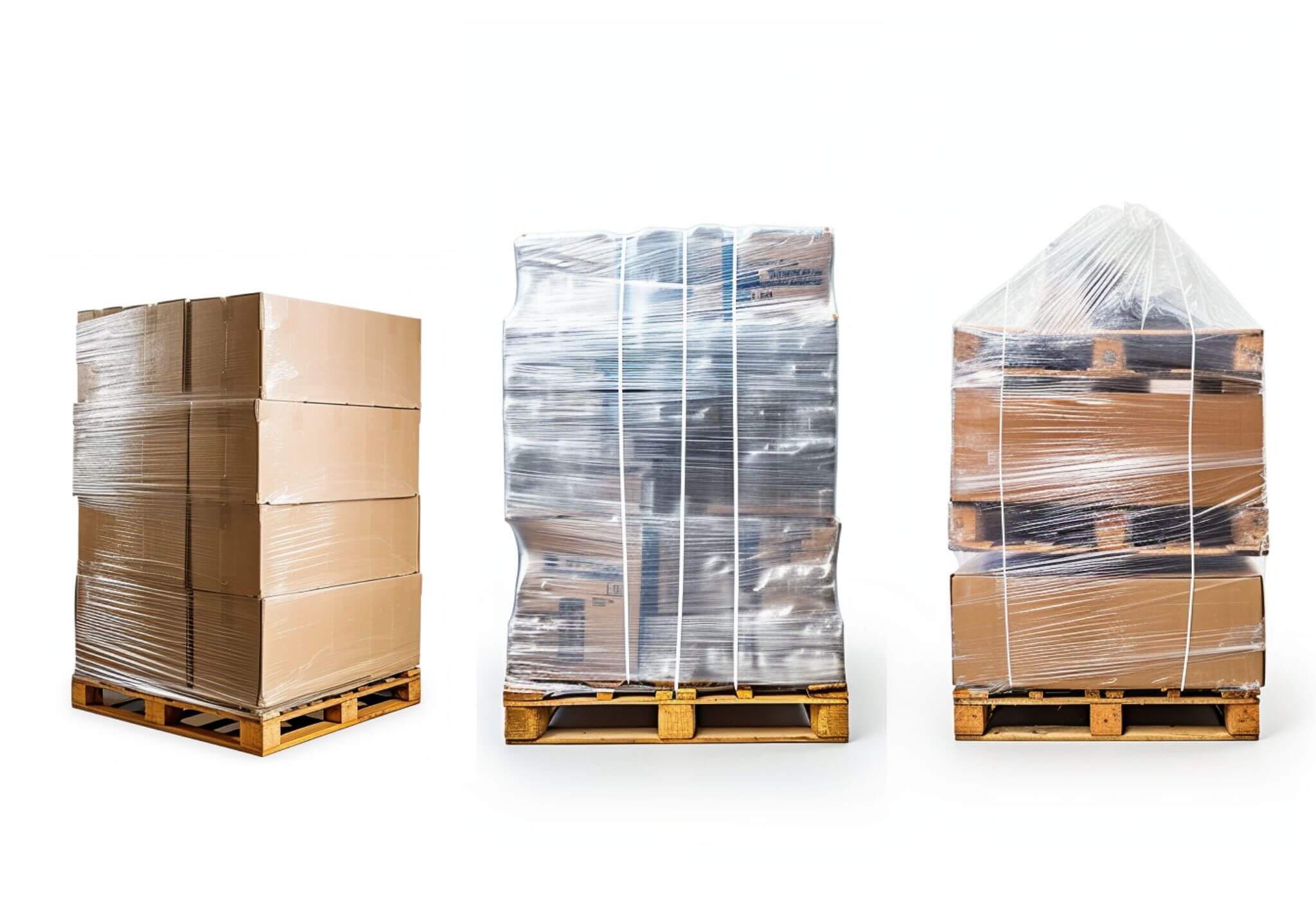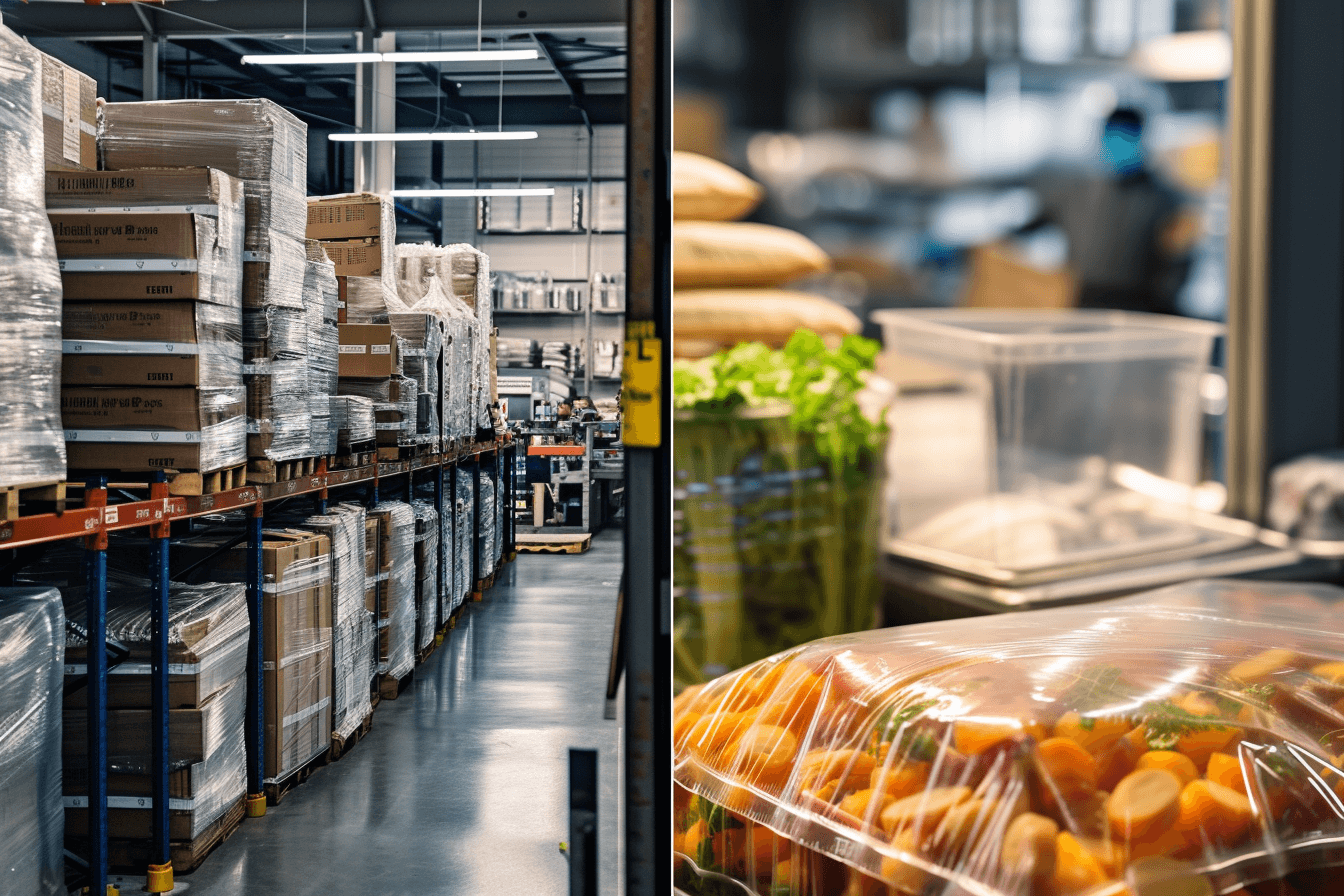Discover how EdgePro+ can help you achieve greater productivity, cost savings, and environmental responsibility, all while ensuring their products are protected and securely packaged.
Continue readingShrink Wrap Basics: A Comparison of PVC, Polyolefin, and Polyethylene Materials
Discover the benefits of PVC, polyolefin, and polyethylene shrink wrap for secure and versatile packaging solutions in various industries.
Continue readingMastering High-Quality and Fast Packaging with Stretch Hood Technology
Discover Stretch Hood technology – efficient, versatile, and protective packaging solution revolutionizing logistics. Explore its benefits and applications today!
Continue readingShrink Film Packaging Guide: Materials, Benefits, & Considerations
Uncover the versatility and benefits of shrink film in packaging, from protection to branding opportunities, essential for modern businesses.
Continue readingDiscover the Best: How Stretch Hood Revolutionizes Wrapping Across Industries
Explore how Stretch Hood revolutionizes wrapping in industries, offering superior protection, efficiency, and sustainability. Discover its impact across sectors.
Continue readingPlastic Cling Wrap’s Evolution: Essential for Homes and Food Industry
Explore plastic cling wrap’s evolution, benefits, and eco-friendly alternatives, revolutionizing food preservation in homes and the food industry.
Continue readingStretch Hood: Waterproof Solutions for Challenging Weather Conditions
Discover how stretch hood film safeguards goods from adverse weather, providing waterproof packaging for optimal protection and efficiency.
Continue readingThe Role of Pallet Stretch Film in Reducing Shipment & Transportation Damage
Discover the protective benefits and application methods of pallet stretch film for securing loads during transport.
Continue readingUnwrapping the Differences: Stretch Film, Shrink Wrap, and Stretch Hood Explained
Explore pallet packaging films like Stretch Film, Shrink Wrap, and Stretch Hood to make informed choices for industrial needs.
Continue readingFood Safety First: Choosing Between Stretch Film and Food Cling Wrap
Explore the distinctions between stretch film and food cling wrap in packaging and food preservation. From durability to sealing capabilities, learn which material suits your needs best.
Continue reading
